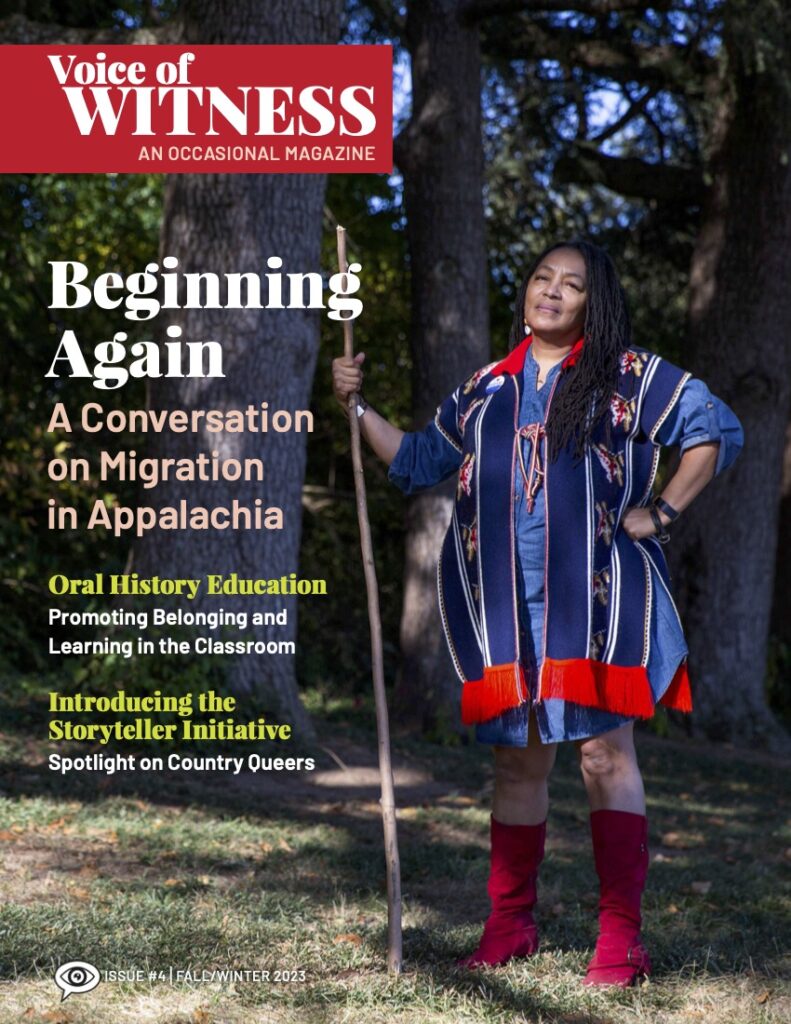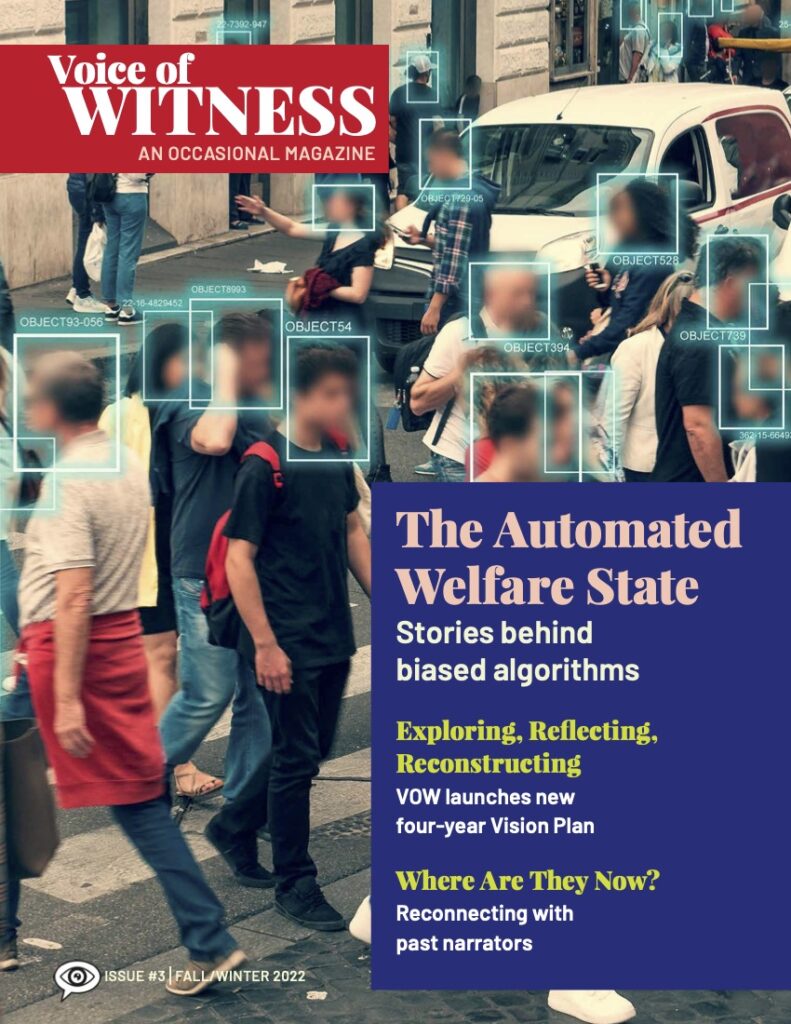VOW supports essential storytelling work, creating opportunities with communities to heal and strengthen through the oral history process, and forging space for these voices to be seen and heard—in their own words—as part of broader efforts to dismantle systems of oppression. Our education program, partnerships, and services share our ethics-driven oral history methodology, connecting people with tools for storytelling.
VOW’s oral history projects illuminate urgent human rights issues and have been published in outlets such as the New York Times and the Guardian; read aloud on the floor of Congress; and harnessed to support movements for justice and dignity. These stories are used by people of all stripes—from students to artists to policymakers—and are taught worldwide in courses as disparate as social studies, constitutional law, ethnic studies, comparative literature, and public policy. Libraries, schools, and companies host book clubs and discussions with our materials, which have also been featured in nationwide textbooks, campaigns, and museum exhibits—reaching thousands of additional people.
VOW’s trainings for school districts, including New York City and San Francisco, support educators with oral history skills, community engagement, and human rights education. Our customized workshops for organizations facilitate the development of collaborative, trauma-informed storytelling practices. VOW’s Ethical Storytelling Principles have been viewed over 10,000 times and used by many to guide their work.
Read our latest Annual Report.
VOW by the Numbers
What is the impact of oral history?
Oral history can democratize storytelling and contribute to narrative change. Sharing first-person stories from individuals and communities—in their own words—illuminates and reframes issues and events in powerful ways. Oral history has the capacity to build community, heal and support storytellers themselves, and advance justice through education and advocacy. Learn more.
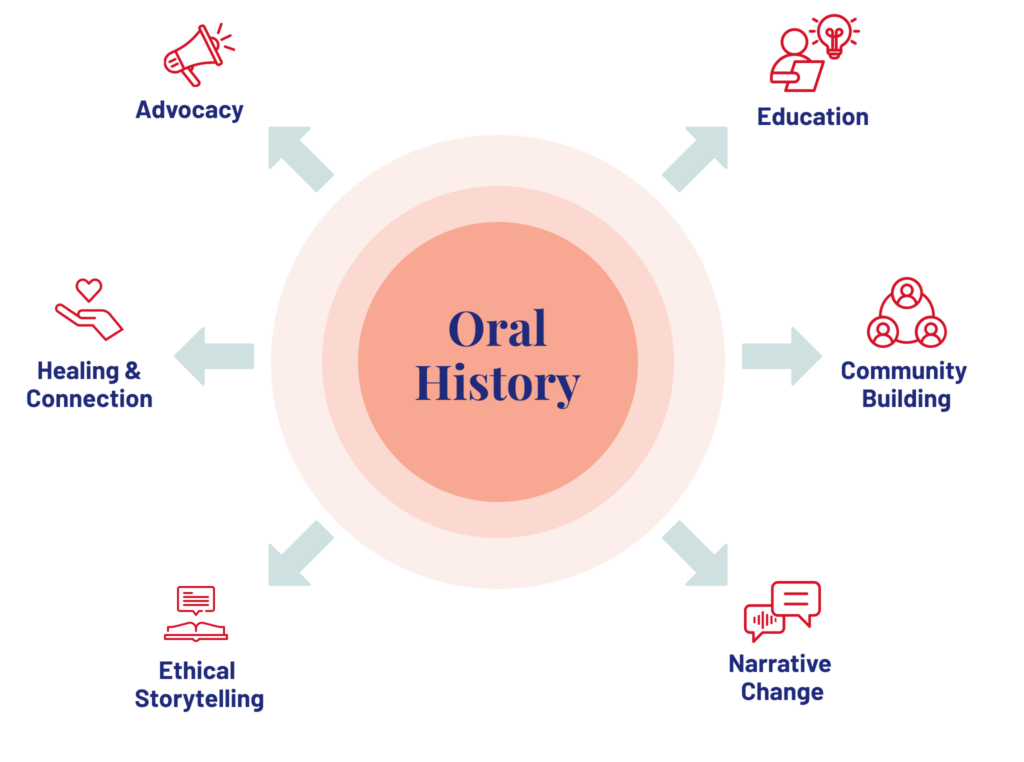
Dive Deeper: The Voice of Witness Magazine
Learn more about the impact of oral history by reading our most recent annual magazines, where we explore the transformative power of storytelling and share updates from VOW’s programming.
Testimonials
Having been able to share my story, it has inspired me, and I hope it will inspire others as well. I believe that telling one’s story is a way to healing. Sharing my own story has changed my life.”
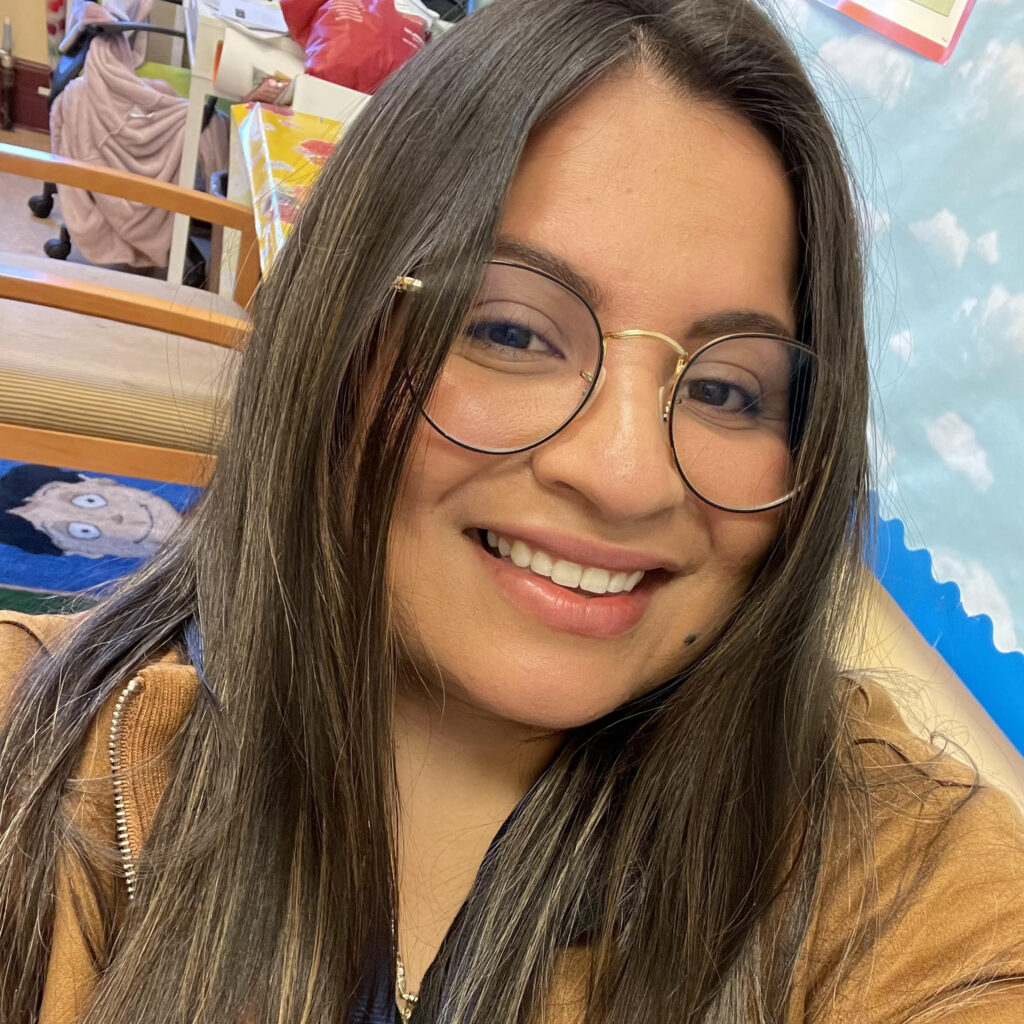
SOLDAD CASTILLO
VOICE OF WITNESS NARRATOR
VOW is one of the best organizations I have worked with as an educator. Each time I recommend them to a colleague, they also discover the value of and importance of the work VOW does, not only for the field of education but for our communities and the world.
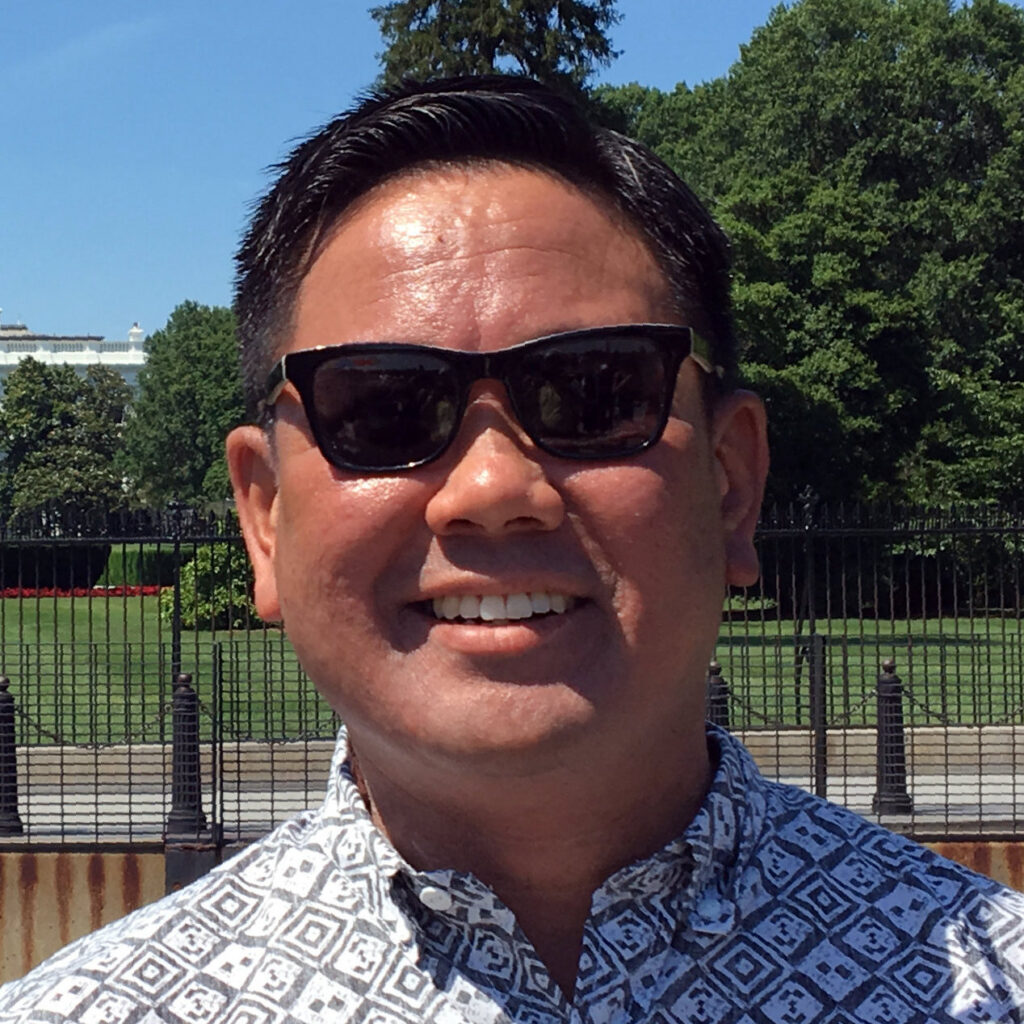
VON TORRES
TEACHER
Without question, Voice of Witness provides singular guidance and knowledge to grassroots groups aspiring to share and preserve the oral history of their communities.
Tibet Resettlement Project
The Voice of Witness series is a megaphone for our country’s most marginalized voices.
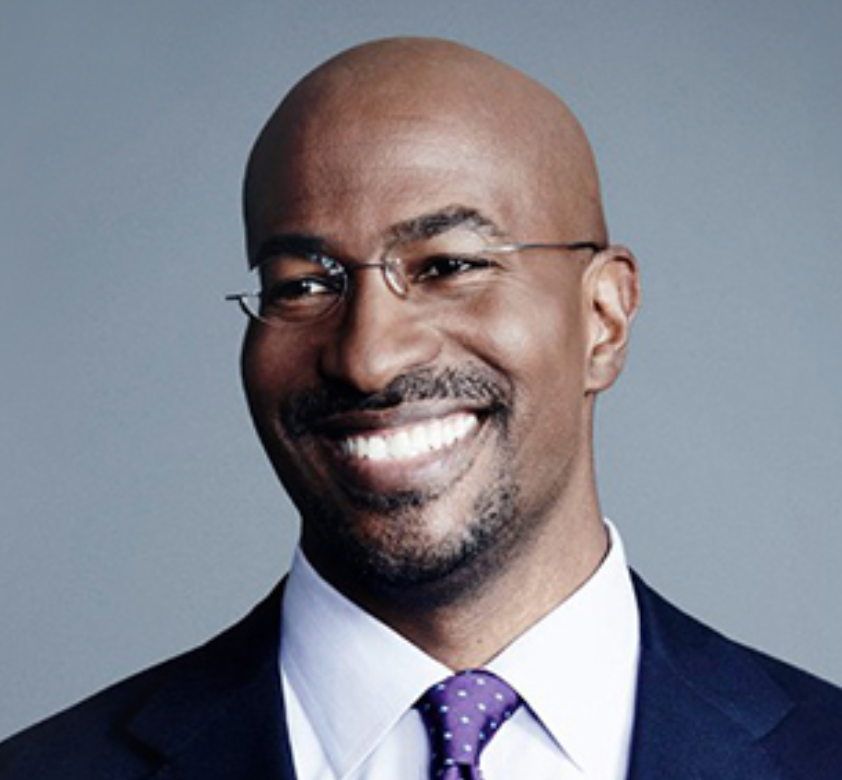
VAN JONES
CNN HOST, ANALYST, LAWYER
Get Involved

Partner With Us
We offer training and project support for ethical storytelling, oral history, and education. Let’s collaborate!
Explore Our Resources
Check out our free storytelling resources, oral history guides, and lesson plans for inclusive education.
Webinars & Workshops
We offer free and paid workshops on oral history best practices, storytelling ethics, and curricular development.
Ways To Support
We can’t do this vital work without you. Learn about the many ways you can support VOW!Explore Our Work

Oral History Book Series
The Voice of Witness Book Series documents human rights issues through first-person narratives. We use an oral history methodology that combines ethics-driven practices, journalistic integrity, and an engaging, literary approach. Each project aims to transform harmful narratives by supporting marginalized communities to tell their own stories in their own words.
Education Program
Our education program provides inclusive and culturally relevant learning opportunities through oral history. VOW brings unheard stories and oral history to classrooms, centering historically silenced voices and connecting students and educators with training and tools for storytelling. Our resources and services nurture empathy and develop vital communication, critical thinking, and social-emotional learning skills.
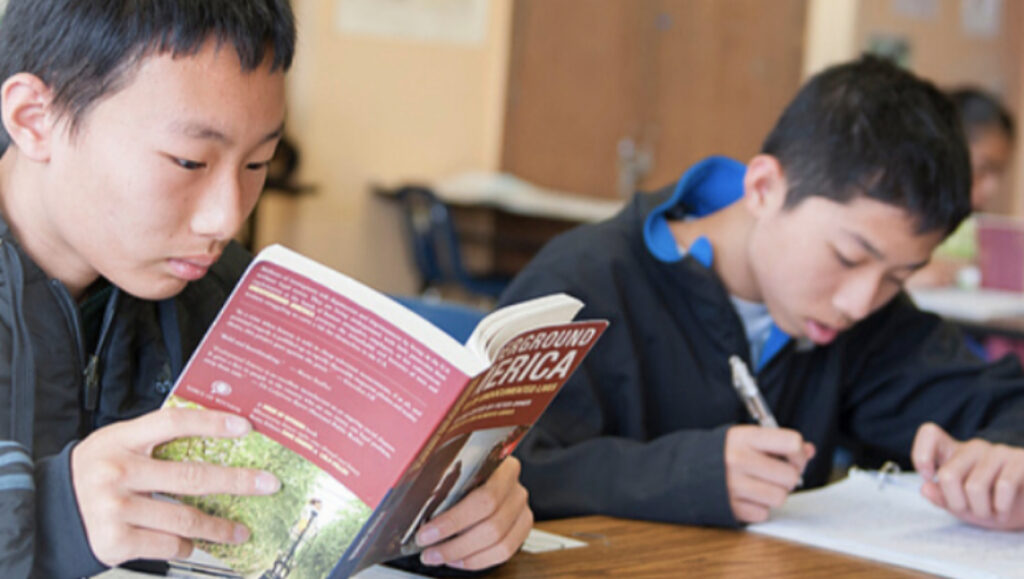
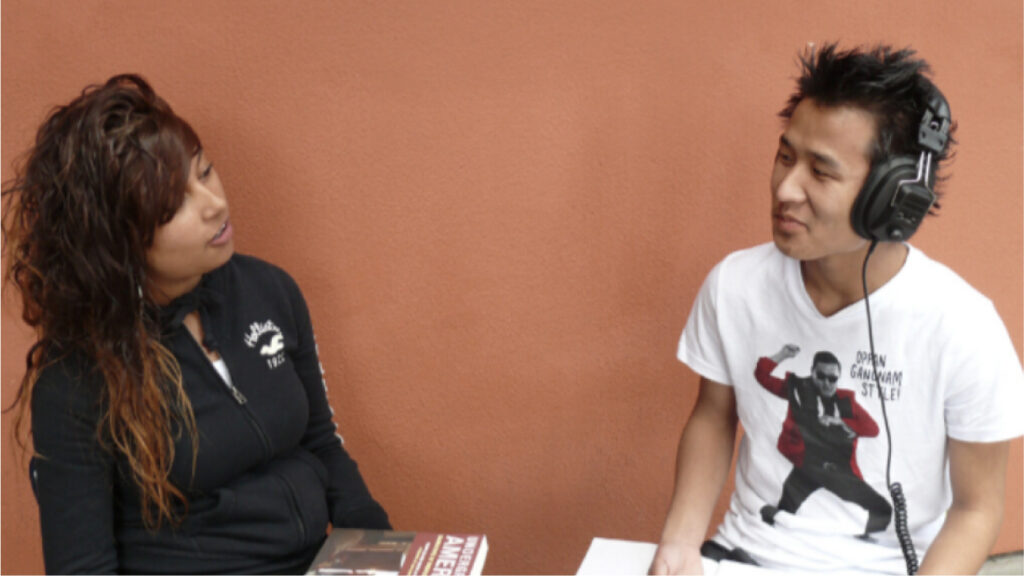
Community Projects & Partnerships
Through partnerships and services, VOW works with communities to teach ethical storytelling practices, develop oral history projects, and create educational resources. We offer expert storytelling and program support to organizations, educators, advocates, and more.

